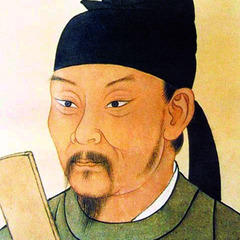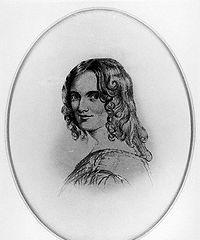Samuel Taylor Coleridge Quotes
Samuel Taylor Coleridge (1840). “The Works of Samuel Taylor Coleridge, Prose and Verse: Complete in One Volume”, p.313
Imagination is the living power and prime agent of all human perception.
Biographia Literaria ch. 13 (1817)
Common sense in an uncommon degree is what the world calls wisdom.
Samuel Taylor Coleridge (1838). “The Literary Remains of Samuel Taylor Coleridge: Preface. Formula fidei de ss. Trinitate. Nightly prayer. Notes on the book of common prayer; Hooker; Field; Donne; Henry More; Heinrichs; Hacket; Jeremy Taylor; The pilgrim's progress; John Smith. Letter to a godchild”, p.186
The Friend (1828)
"Biographia Literaria". Book by Samuel Taylor Coleridge, ch. XV, 1817.
Samuel Taylor Coleridge (1872). “Poetical Works of Samuel T. Coleridge”, p.134
Force yourself to reflect on what you read, paragraph by paragraph.
Samuel Taylor Coleridge (1853). “The Literary Remains”, p.316
Samuel Taylor Coleridge (1856). “Seven lectures on Shakespeare and Milton”, p.45
Samuel Taylor Coleridge (1835). “Specimens of the Table Talk of the Late Samuel Taylor Coleridge: In Two Volumes”, p.96
The most general definition of beauty ... Multeity in Unity.
"On the Principles of Genial Criticism". Essay by Samuel Taylor Coleridge, 1814.
Samuel Taylor Coleridge (1835). “Specimens of the table talk”, p.12
Samuel Taylor Coleridge, Thomas Allsop (1836). “Letters, conversations, and recollections of S. T. Coleridge: in two volumes”, p.127
Samuel Taylor Coleridge, Henry Nelson Coleridge (1854). “The complete works of Samuel Taylor Coleridge: With an introductory essay upon his philosophical and theological opinions”, p.481
If you are not a thinking man, to what purpose are you a man at all?.
Samuel Taylor Coleridge, Henry Nelson Coleridge, John McVickar (1854). “Coleridge's Aids to reflection: with the author's last corrections”, p.45
Samuel Taylor Coleridge, “What If You Slept ...”
'Table Talk' (1835) 5 October 1830







